Zwei neue Studien heben die Effektivität einer Nahrungsergänzung mit Creatin hervor. Creatin ist ein Nebenprodukt der Aminosäuren Arginine, Methionine and glycine. It is made in the liver, pancreas, and kidneys. Its main function is to create a phosphate molecule that restores ATP (adenosine triphosphate) stores that have been used up in muscles. This is very important because ATP is the direct source of energy for muscle contractions. Creatine also interacts with anabolic hormones and plays a role in muscle protein synthesis. And that means it has immediate anabolic effects in the muscles.
This was recently proven by a study that looked at the interaction between creatine as a supplement and weight training in terms of the structure of the insulin-like growth factor-1 (IGF-1) im Muskel.
The liver produces IGF-1after stimulating the release of growth hormone (HGH). The systemic IGF-1 circulates in the blood, bound to six different ones Proteins. Aber nur die freie Form von IGF-1 is biologically active. Two subsidiary forms of IGF-1 are also produced locally in the muscles.
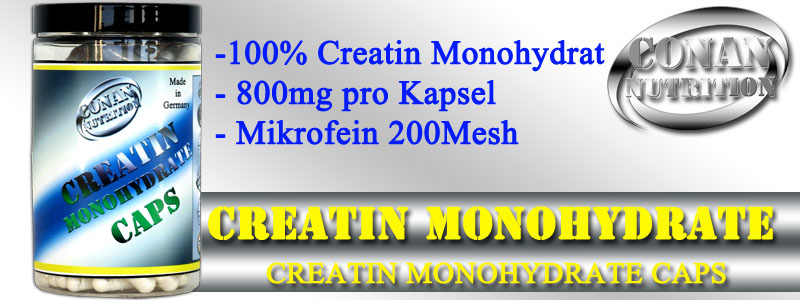
IGF-1 is essential for muscle repair and for growth processes. It stimulates the activity of satellite cells, which are muscle stem cells that the body uses to repair damaged muscle fibers. In terms of hypertrophy, the IGF-1 in muscles is of paramount importance. After 10 to 15 weeks of weight training, the IGF-1 in the blood in young men and women recovers by an average of 20 percent.
At older people this increase is even more remarkable: How one study showed it increased in them after weeks Weight training reduces the IGF-1 in the muscles by 500 percent!
After 10 to 15 weeks of weight training, the IGF-1 in the blood in young men and women increases by an average of 20 percent.
In older people, after weeks of weight training, the IGF-1 in the muscles increased by 500 percent!
STUDY: CREATIN AND IGF-1
A Study indicated in men who did weight training a connection between a creatine ingested and higher IGF-1 levels.
Course of studies: 24 men and women participated in the study, all for had been doing weight training for at least a year. They graduated An exercise program for at least three to five times a week 30 minutes.
None of the participants had six weeks prior to starting the eight-week study Creatin-Supplemente consumed. Men and women were randomly divided into two groups who were given either creatine or a placebo. One group was initially prescribed a dose of an average of 16 grams of creatine per day for seven days.
After that, they took a maintenance dose with them 5 grams daily to himself. Some of the subjects were vegetarians and it was suspected that IGF-1 would benefit the most from creatine intake. Because vegetarians have less creatine in their bodies than people who eat meat. And meat is a natural food source that is rich in creatine.
Studienergebnisse: Das Gewichtstraining allein ließ das IGF-1 um 67 Prozent ansteigen. In der Creatin-Gruppe erhöhten sich die Werte des t IGF-1 im Muskel jedoch um 78 Prozent. Die Placebo-Gruppe wies weniger IGF-1 auf als die Creatin-Gruppe, was auf einen deutlichen synergistischen Effekt zwischen dem Gewichtstraining und der Creatinaufnahme hindeutet, um die Muskelreaktion auf IGF-1 zu erhöhen. Den Grund dafür sieht man in der plausiblen Erklärung, dass Creatin ein intensiveres Training erlaubte und daher zu einer größeren Produktion von IGF-1 in den Muskeln führte.
Different than expected the IGF-1 increased with the vegetarians no more than with the others.
Also protein uptake is directly related to IGF-1 synthesis. With that in mind, this result underscores the importance of creatine and protein intake for intensely exercising bodybuilders.
One study suggests a connection between creatine intake and higher IGF 1 levels.
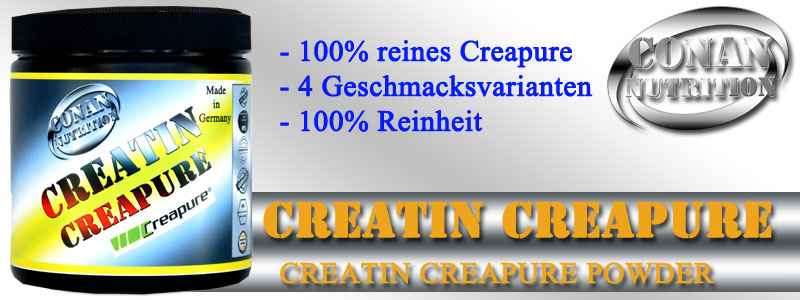
FURTHER STUDIES - CREATINE AND PROTEIN
A another study looked at the intake of low doses of creatine and Protein in men three times a week for over ten weeks Completed weight training.
The men were between 59 and 77 years old, and no one had ever taken creatine before. They were randomly divided into three groups and given the following:
- Group 1: 0.1 grams of creatine and 0.3 grams of protein, each per kilo of body weight
- Group 2: only creatine
- Group 3: ein Placebo
The daily dose of creatine and protein averaged eight or 30 grams and was only used on the training days taken. One had the formaldehyde value in the bodies of men measured. Formaldehyde is mainly used as an embalming agent known, but also a by-product of creatine metabolism.
Formaldehyde - by-product of creatine metabolism.
The Participants from the creatine and protein groups built significantly more Lean mass than those who only consumed creatine. As well the strength of the creatine and protein groups increased Bench press by 25 percent.
The The progress made by the older men was comparable with those of the younger men. In fact, the older ones did Participants developed slightly more lean mass than the younger ones, though they had consumed three times the amount of protein.
Those, those who only took creatine did not gain more lean mass than those who took Placebo group. It is believed that the low dose of creatine - eight Grams daily, maybe not enough to get more lean mass to develop.
The Creatine intake also resulted in four percent less Muscle breakdown products were formed. So none of them separated Creatine users remove more formaldehyde than men from Placebo group. Formaldehyde may only be a factor if Charging doses with creatine are prescribed for a certain period of time will.
One Another aspect to consider is: Since the period for such exposure doses are usually six or seven days, Formaldehyde is unlikely to produce any pollutants.
Investigations show that the formaldehyde formation in the body with a large Stress related. If you have higher proportions of the If the stress hormone adrenaline is present, it will cause the Formaldehyde synthesis in the body is also promoted by smoking.
The However, the good news is that older men are using low doses Creatine can make significant progress in building muscle - especially if they have a little more protein in their diet combine.
CREATIN PRODUCTS
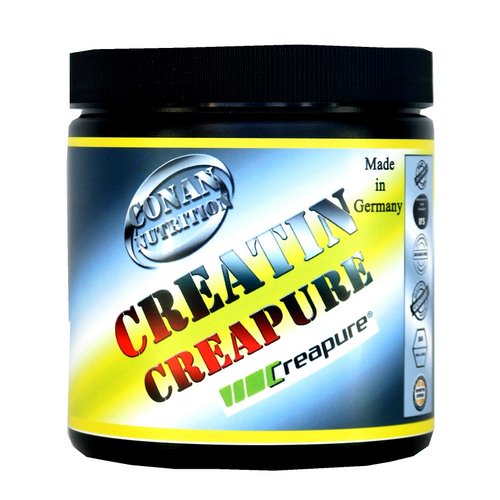
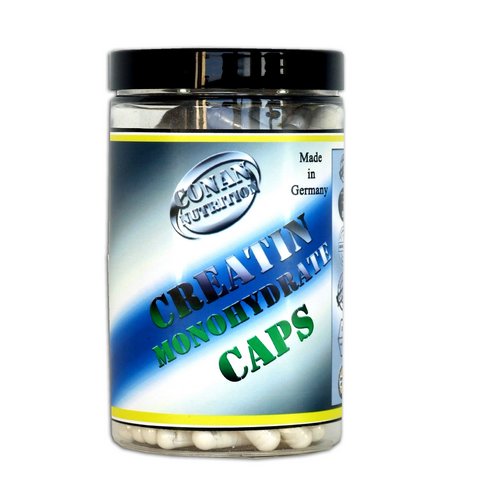
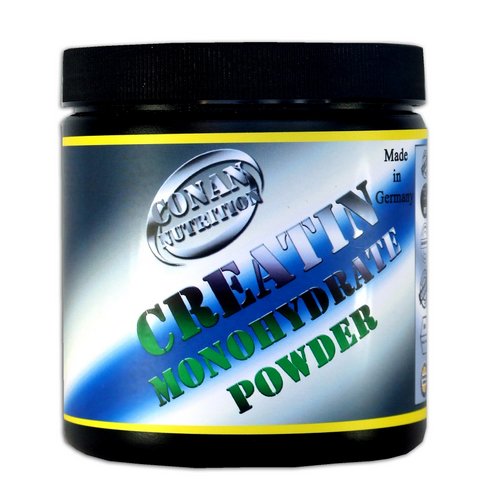
CREATIN ALREADY READ ..?
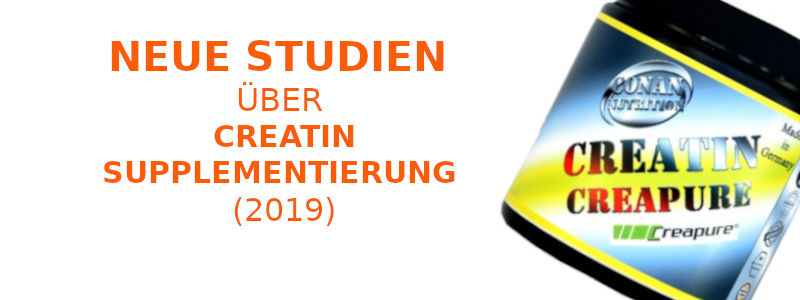
4 comments
Comments are closed.